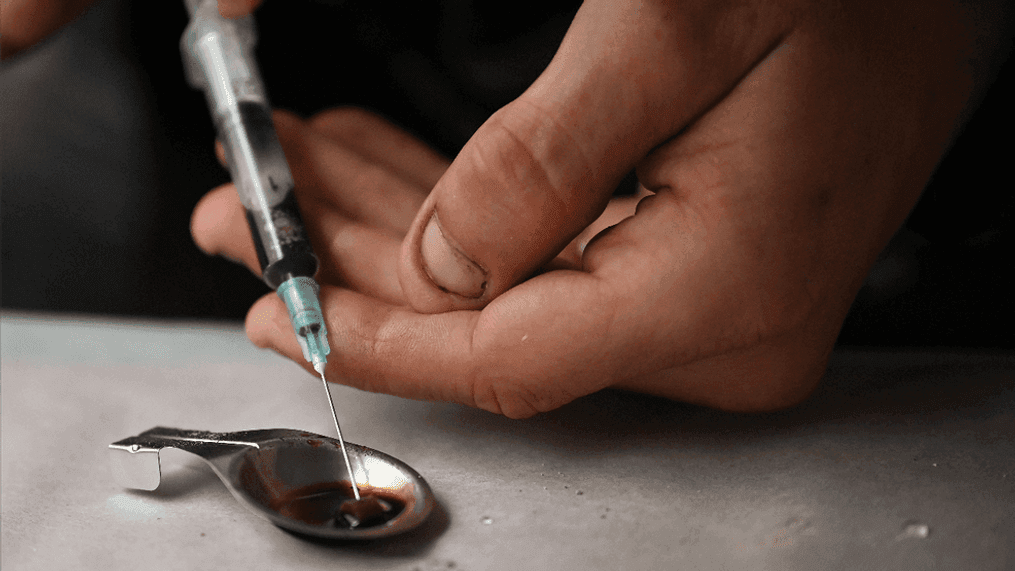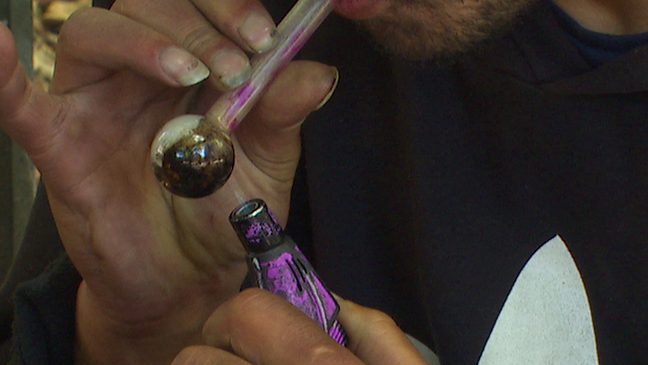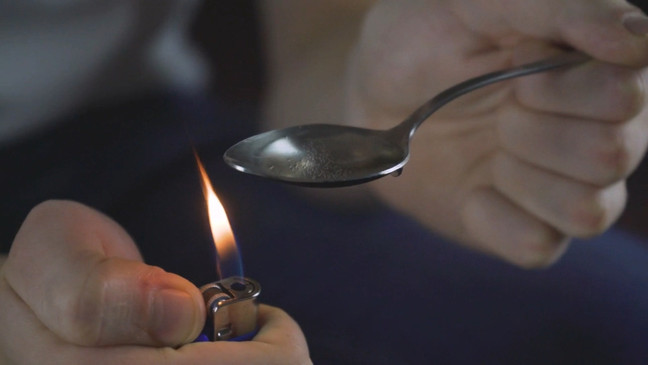Seattle mayor, city attorney react to failed city council vote on drug possession laws
SEATTLE — Questions surround who will prosecute drug offenses in the city of Seattle after Tuesday’s failed Seattle City Council vote which would’ve given the city attorney the ability to prosecute lower-level drug crimes. Now city leaders are looking to see if there’s another path forward.
Mayor Bruce Harrell said in a press conference Wednesday he is committed to working on another solution, and plans to meet with the city attorney’s office, city council members, and other stakeholders to find a solution hopefully by July that meets everyone’s needs.
The measure that failed in city council Tuesday would’ve given the city attorney the power to prosecute lower-level drug crimes, keeping the city in line with recently passed state law, which made drug possession a gross misdemeanor punishable with jail time up to six months.
Unlike other cities across the state that uniformly adopt the entire state code, Seattle City Attorney Ann Davison said Seattle needs to pass a separate measure to conform with the new state law.
RELATED: Downtown Seattle leaders say city council 'failed' in rejecting drug possession law
“It’s a humanitarian crisis, in my opinion, we need to have all available tools to interrupt and disrupt open-air drug use and meaningfully intervene with people’s lives, get them into treatment, and this was one of the available ways to do so,” Davison said. “We have people dying by overdose at skyrocketing rates, and we do need to make our parks, busses, and streets safer.”
There is disagreement among county and city officials about who will now prosecute these low-level drug crimes and hold offenders accountable in court.
According to city officials, the power to prosecute drug crimes remains with the King County Prosecuting Attorney’s Office, but county prosecutors said under state law, each city is responsible for prosecuting misdemeanors and gross misdemeanors in their jurisdiction.
The county also said prosecuting those crimes would require hiring more staff, and their primary focus is prosecuting felonies and the most serious crimes in the county.
Mayor Harrell said moving forward they will look at solutions that strike a balance between being compassionate to those suffering from drug addiction and helping the community feel safe.
“We’re not leading with – let’s just arrest everybody,” he said. “We lead with intervention, we lead with treatment, with people who are suffering from both mental illness or drug misuse, it’s a health issue.”
City officials made it clear public drug use is still illegal in the city of Seattle, and Seattle police can still arrest people for breaking drug laws. However, it’s still unclear who will prosecute those lower-level drug crimes in court.
In an email Wednesday, Seattle City Council member Andrew Lewis said they are looking at strategies to expand and fully fund addiction treatment and diversion programs, as well as address public drug use, and then they will move forward with adopting new state laws on drug crimes.
RELATED: Seattle City Council votes to reject public drug use prosecution bill
The statement can be read in its entirety below:
"Yesterday, I joined the majority of City Councilmembers in voting “no” on Council Bill 120586, a bill that would have for the first time expanded the prosecutorial discretion of the City Attorney to include charging decisions for possession and use of drugs.
I want to reiterate what I said from the dais, about my personal experience with this issue: I think it is generally proper for us to do it. But with the ending of a community court, without any insight into the implementation of this law, and with no guarantees that the Legislature’s intent for diversion and treatment would be prioritized, I cannot support this approach.
As elected officials, we have a duty to the public to truly implement the Legislature’s recent legislation, both its language and its spirit. The legislation that was signed by Governor Inslee is primarily about encouraging higher use of evidence-based treatment programs that save lives and prevent relapse into addiction. While there is a law enforcement component of the legislation, this is meant to be a last resort, not the primary use.
I will propose legislation that adopts the Legislature’s Blake fix – fully – once I know that we have answered the key question of what happens to people if they are charged under its powers.
The people of Seattle deserve a public and open discussion about how we are going to help our neighbors suffering from addiction. They deserve to see us deliberate on the plan for enforcement and the treatment plan. I will work with my colleagues, our City Attorney’s Office, our Courts, and the public to:
- Develop a successor therapeutic court to Community Court.
- Develop and fully-fund treatment-based pre-file diversion.
- Work with Mayor Harrell to scale and deploy the plans outlined in his Executive Order on Seattle’s fentanyl crisis.
And finally, after creating those necessary pathways for treatment and diversion, propose legislation making the Seattle Municipal Code consistent with State Law on possession and public use."



